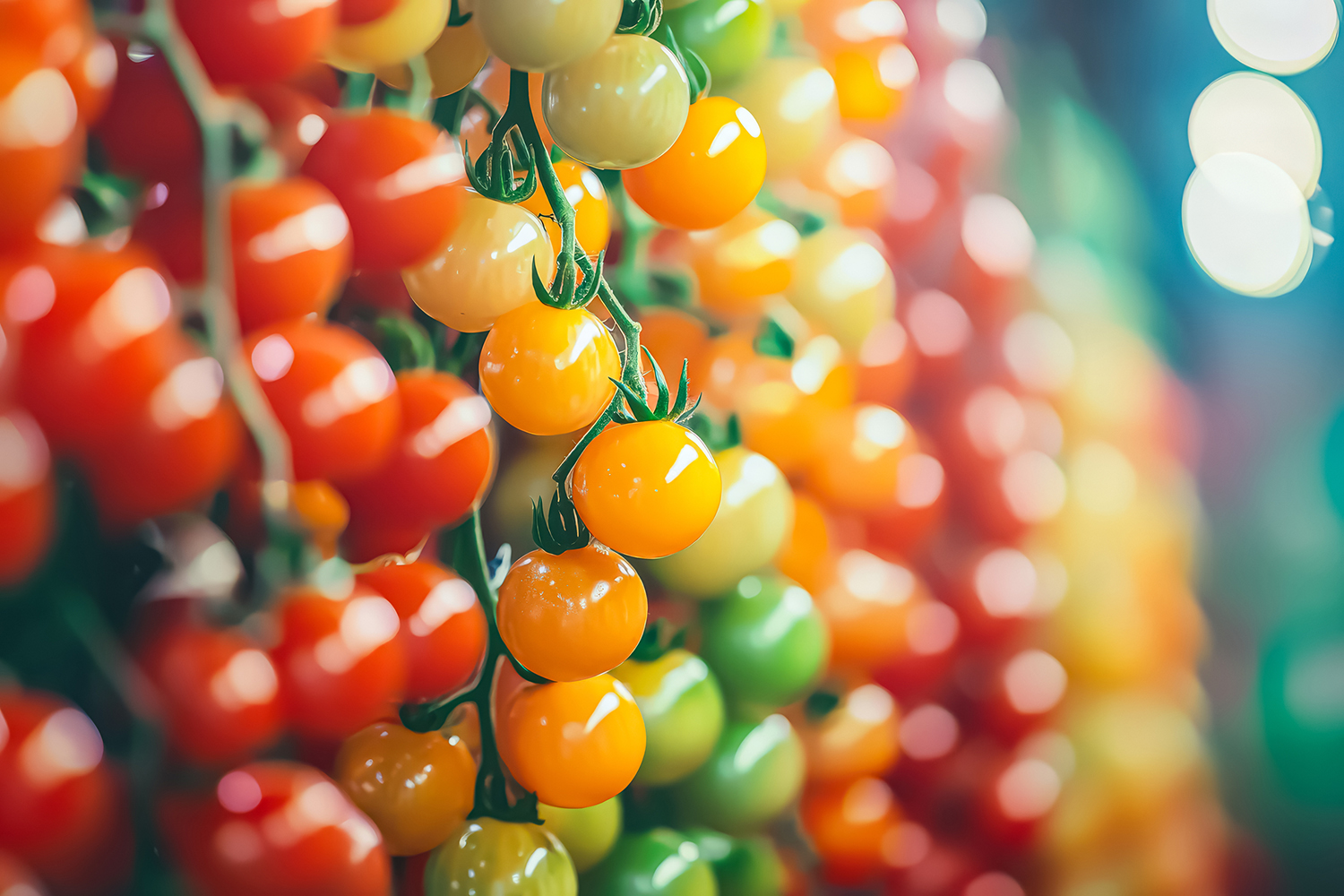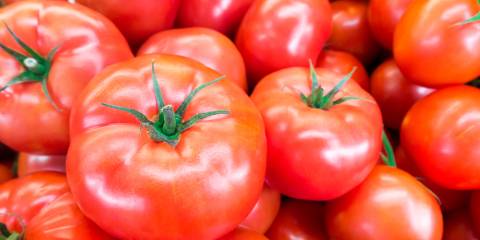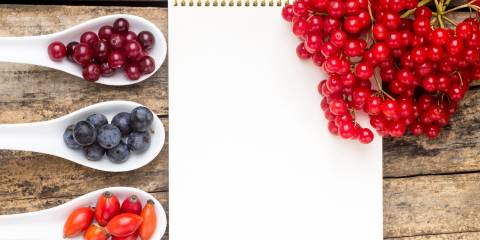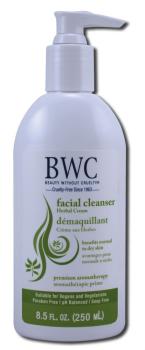Each American consumes about 80 pounds of tomatoes a year. More than 1,000 varieties are grown in all sizes, ranging in color.
For the Love of Lycopene
Tomatoes are good sources of dietary fiber, vitamins C, K, and B6, as well as carotenes, biotin, niacin, and folic acid.
For all that, an average-sized tomato has only 35 calories.
But perhaps its biggest claim to fame is its lycopene.
Lycopene is a red carotene that’s shown promise in protecting against breast, colon, lung, skin, and prostate cancers. In one 22-year study, researchers found that men who consumed the highest levels of lycopene (6.5 mg a day) had a 21 percent lower risk of prostate cancer than those who consumed lower levels. The study also found that prostate cancer risk was less for those who ate two or more servings of tomato sauce a week compared to men who ate it less than once a month.
Other research has shown that lycopene inhibited an essential enzyme’s activity in the synthesis of cholesterol, suggesting it may have a cholesterol- lowering effect.
In one Israeli study, patients with hypertension were given daily oral supplements of tomato extract. After four weeks a significant reduction in diastolic blood pressure was reported, and after six weeks systolic blood pressure had dropped as well. Researchers believe that the decreases in blood pressure may be related to tomato extract’s antioxidant activity.
Keep in mind that the variety and ripeness of a tomato affect its lycopene content. The redder it is, the more lycopene it contains.
Cooking increases the availability of this carotenoid. For example, cooked tomato paste has up to five times more lycopene than raw tomatoes.
To help the body absorb lycopene, add a little oil to tomatoes.
Cream of the Crop
Look for tomatoes that are plump and brightly colored, with no bruises or decay marks. Store them at room temperature, away from the sun. They will keep on the counter for up to a week. When purchasing canned tomatoes, try to buy brands (preferably organic) produced in the U.S. Other countries may not have lead standards as strict as ours, and tomatoes’ high acid content can cause metal from cans to leach into the product.
Summer is the best time to enjoy this favorite of foods. Finally, look for organically grown varieties, since conventional tomatoes are frequently contaminated with pesticides.




